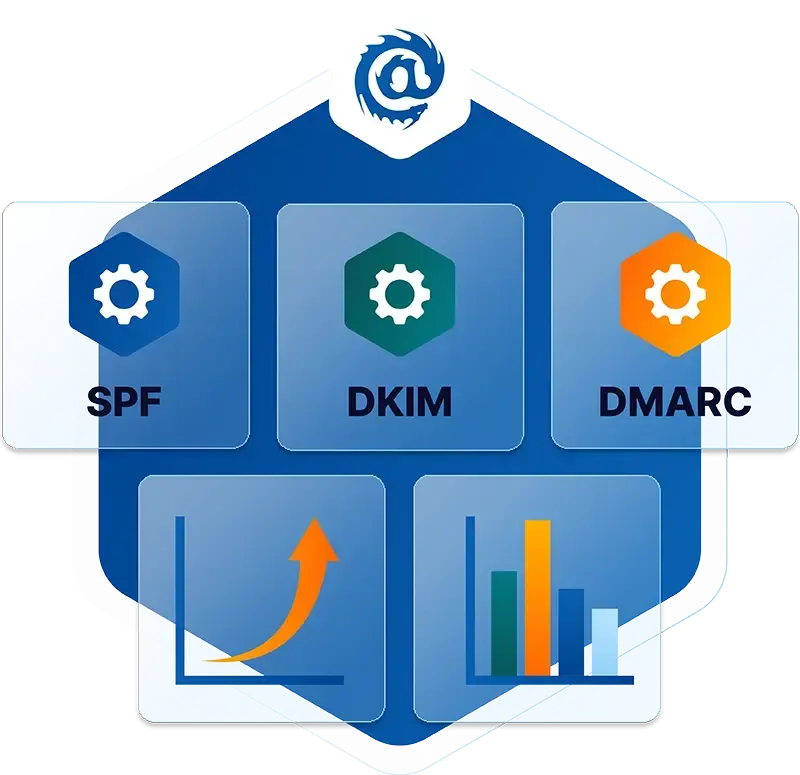Table of Contents
Security Awareness Training Explained
Security Awareness Training refers to educational programs designed to teach individuals about potential security risks and how to mitigate them. These programs aim to increase knowledge and awareness of security best practices, policies, and procedures within an organization. The importance of Security Awareness Training lies in its ability to empower individuals to recognize and respond to security threats effectively, ultimately reducing the risk of data breaches, cyberattacks, and other security incidents.
How Security Awareness Training Works
Security Awareness Training typically involves a combination of instructional methods, such as presentations, workshops, online courses, simulations, and assessments. The training content covers various security topics, including phishing, social engineering, password management, data protection, device security, and safe internet browsing. By providing employees with knowledge and practical skills, Security Awareness Training helps create a security-conscious culture and encourages individuals to adopt secure behaviors and make informed decisions regarding security matters.
What Makes an Effective Security Awareness Training Program?
An effective Security Awareness Training program should possess the following characteristics:
-
Relevance: The training content should be tailored to the organization's specific security risks and industry regulations, ensuring that employees understand the relevance of the information provided to their roles and responsibilities.
-
Engagement: The program should be engaging and interactive, utilizing a variety of training methods to capture participants' attention and encourage active participation.
-
Practicality: The training should provide practical examples, real-life scenarios, and hands-on exercises that enable employees to apply what they learn to their daily work activities.
-
Regular Updates: Given the evolving nature of security threats, an effective program should be regularly updated to reflect the latest trends, attack techniques, and defense mechanisms.
-
Measurable Outcomes: The training program should have defined learning objectives and measurable outcomes to assess its effectiveness. This can be achieved through assessments, quizzes, or simulations that evaluate participants' knowledge and behavior changes.
What should a strong Security Awareness Training Solution have?
A robust Security Awareness Training Solution should encompass the following elements:
-
Comprehensive Content: The solution should cover a wide range of security topics, ensuring that employees are educated on multiple security aspects relevant to their roles and the organization.
-
Customization Options: It should allow organizations to customize the training content to align with their specific security policies, procedures, and industry requirements.
-
User-Friendly Interface: The solution should have an intuitive and user-friendly interface, making it easy for employees to access and navigate the training materials.
-
Tracking and Reporting: The solution should provide tracking and reporting capabilities to monitor employees' progress, completion rates, and performance on assessments, allowing organizations to gauge the effectiveness of the training program.
-
Phishing Simulations: An effective solution may include simulated phishing attacks to test employees' ability to identify and respond to phishing attempts, thereby reinforcing the training and raising awareness of this common threat.
How Often Should an Organization Run Security Awareness Training Programs?
The frequency of security awareness training programs may vary depending on factors such as industry regulations, organizational policies, and the evolving threat landscape. However, it is generally recommended that organizations conduct security awareness training on a regular basis, ideally at least once a year. Additionally, organizations may consider providing refresher training or targeted training sessions in response to new security threats or significant changes in their operations.
10 Tips to Improve My Security Awareness Training Program
To enhance your Security Awareness Training program, consider the following strategies:
-
Tailor the content: Ensure the training content is relevant and specific to your organization's security risks, industry regulations, and employee roles.
-
Use a variety of delivery methods: Incorporate different training methods such as videos, interactive modules, gamification, and real-life scenarios to keep participants engaged and cater to various learning styles.
-
Foster a culture of security: Promote a security-conscious culture throughout the organization by integrating security awareness into the overall corporate culture. Encourage employees to actively participate in security initiatives, report potential security incidents, and share best practices with their colleagues.
-
Provide continuous reinforcement: Security awareness is not a one-time event but an ongoing process. Offer regular reminders, newsletters, posters, or short refresher courses to reinforce key security concepts and maintain awareness levels over time.
-
Gamify the training: Incorporate gamification elements into the training program to make it more engaging and interactive. Use leaderboards, badges, rewards, and competitions to motivate employees and create a sense of achievement.
-
Conduct simulated exercises: Organize simulated exercises or tabletop drills to test employees' responses to various security incidents. This helps them practice their knowledge and skills in a realistic setting and identify areas that need improvement.
-
Encourage reporting and feedback: Create channels for employees to report suspicious activities, security concerns, or potential vulnerabilities. Establish a feedback mechanism where employees can provide suggestions, ask questions, or share their experiences related to security incidents.
-
Involve senior management: Engage senior management in supporting and endorsing the security awareness training program. Their visible commitment to security initiatives can help create a strong message about the importance of security and encourage employee participation.
-
Monitor and evaluate effectiveness: Regularly assess the effectiveness of the training program by measuring outcomes, analyzing feedback, and tracking security incidents. Use this data to identify areas for improvement and make necessary adjustments to the training content and delivery methods.
-
Stay updated on emerging threats: Continuously stay informed about the latest security threats and trends through industry publications, security forums, and reputable sources. Incorporate this knowledge into the training program to ensure that employees are aware of the current risks and equipped to mitigate them.
By implementing these strategies, organizations can continuously improve their Security Awareness Training program and enhance the overall security posture of the organization.
IRONSCALES Personalized and Natively-integrated SAT
IRONSCALES offers a personalized and natively-integrated security awareness training solution designed to educate employees on various security risks and empower them to make informed decisions to protect the organization. Their training program is seamlessly integrated within the IRONSCALES platform, providing a comprehensive and cohesive security ecosystem.
With IRONSCALES personalized approach, the training content is tailored to each employee's role, responsibilities, and specific security needs. This ensures that the training materials are relevant and applicable to their day-to-day tasks, maximizing engagement and knowledge retention.
The natively-integrated nature of the solution means that employees can access the training directly within the IRONSCALES platform, eliminating the need for complicated security tool integrations. This streamlined approach simplifies security operations and end-user experience.
IRONSCALES security awareness training covers a wide range of topics, including phishing, social engineering, malware, password management, data protection, and more. The training content is regularly updated to reflect the latest security threats, attack techniques, and best practices, ensuring that employees are equipped with up-to-date knowledge and skills.
The IRONSCALES platform also includes features like phishing simulations, where employees can practice identifying and responding to simulated phishing attacks in a safe environment. This hands-on experience reinforces the training and helps employees develop a heightened sense of awareness.
Additionally, the IRONSCALES platform provides tracking and reporting capabilities, allowing organizations to monitor employees' progress, completion rates, and performance on assessments. This enables organizations to measure the effectiveness of the training program and identify areas for improvement.
Overall, IRONSCALES personalized and natively-integrated security awareness training solution offers organizations a comprehensive approach to educate employees, promote a security-conscious culture, and strengthen the organization's defense against evolving cyber threats.
Explore the security awareness training capabilities of IRONSCALES here.
Explore More Articles
Say goodbye to Phishing, BEC, and QR code attacks. Our Adaptive AI automatically learns and evolves to keep your employees safe from email attacks.

/Concentrix%20Case%20Study.webp?width=568&height=326&name=Concentrix%20Case%20Study.webp)












